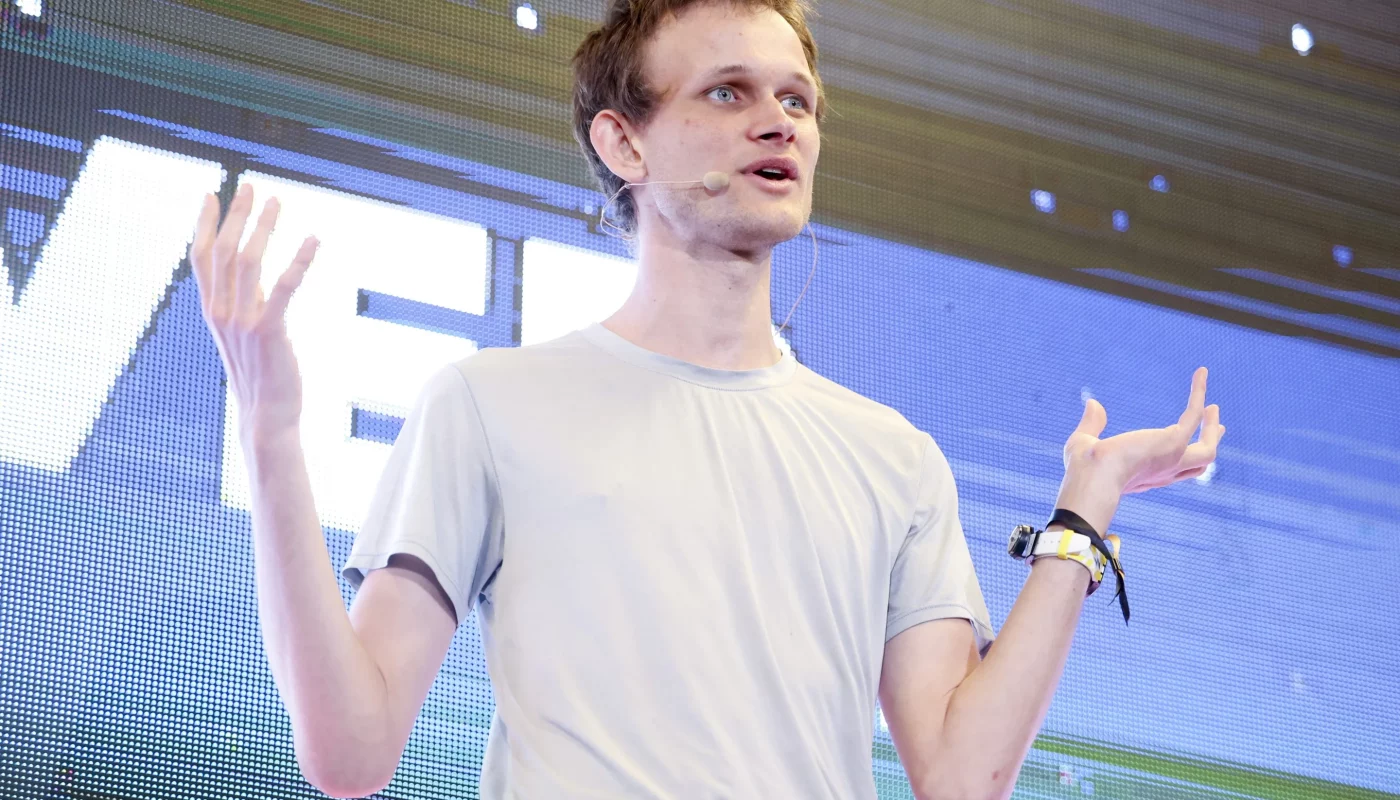The Ethereum blockchain, the brainchild of Russian-Canadian developer Vitalik Buterin, has recently garnered significant attention in the wake of recent developments. From China’s foray into tokenized securities on the Ethereum blockchain to Vitalik’s new vision for Ethereum’s evolution, the spotlight on Ethereum is growing more intense. These developments offer insight into Ethereum’s possible trajectory and highlight the continued intersection of cryptocurrencies with geopolitical and technological dimensions.
Recently, the Bank of China’s investment banking arm, BOCI, issued tokenized securities on the Ethereum blockchain. This development is particularly noteworthy given that cryptocurrency activities remain officially illegal in mainland China. The transaction took place in Hong Kong, a region that has increasingly embraced cryptocurrency despite China’s stricter stance. This news has several significant implications.
Firstly, the move provides further evidence that China may be considering the re-legalization of cryptocurrencies. As a reminder, the Bank of China is essentially owned by the Chinese Communist Party, making their activities a reliable indicator of the party’s stance on various issues. While mainland China has consistently maintained a stringent stance on crypto, the use of Ethereum by an institution so closely linked to the Chinese government suggests a potential shift in policy.
Secondly, it underscores Hong Kong’s seriousness about advancing its cryptocurrency adoption. While crypto regulation varies worldwide, Hong Kong has positioned itself as a hub for blockchain technology and digital currencies, even amidst mainland China’s prohibition. This latest development strengthens Hong Kong’s standing in the global crypto landscape and might even cause ripple effects that influence China’s stance on cryptocurrency adoption.
The third implication is that it sets a precedent for future tokenized securities offerings on Ethereum. This development could spur additional tokenized offerings on the Ethereum blockchain, not only in Asia but globally. The securities in the recent transaction were underwritten by UBS, a Swiss mega-bank, suggesting that substantial financial entities are comfortable using Ethereum for significant transactions.
The fourth point of significance is that it highlights Ethereum’s increasing acceptance among institutional investors. The utilization of Ethereum for such an important transaction implies that institutional investors consider the platform secure enough for high-value dealings. For institutional investors, security is often paramount, making this development a notable endorsement of Ethereum’s robustness.
Yet, the recent developments concerning Ethereum do not end with the Bank of China’s actions. Vitalik Buterin, Ethereum’s creator, has recently outlined the three essential “transitions” Ethereum needs to succeed. These include enhanced privacy, layer 2 scaling solutions for lower fees, and secure smart contract wallets.
According to Vitalik, the Ethereum project will face failure if it cannot scale to handle a larger number of transactions. Furthermore, secure smart contract wallets are seen as a prerequisite for zero-knowledge scaling solutions, a cutting-edge technology that could provide on-chain privacy. This privacy is an essential requirement for many institutional investors, further connecting Buterin’s vision with the evolving needs of the financial sector.
In contrast to Vitalik’s blockchain trilemma, where enhancing one aspect could compromise another, these transitions are mutually supportive. The improvement of one facet leads to enhancement in the others. Interestingly, Vitalik observed that many people are currently using centralized crypto platforms to obscure their transaction histories.
The developments surrounding Ethereum, from China’s tokenized securities offering to Vitalik Buterin’s outlined transitions, shed light on the potential trajectory of Ethereum. As institutional players take more interest in this technology and Ethereum continues to evolve, it is poised to play an even more integral role in the global financial ecosystem.

